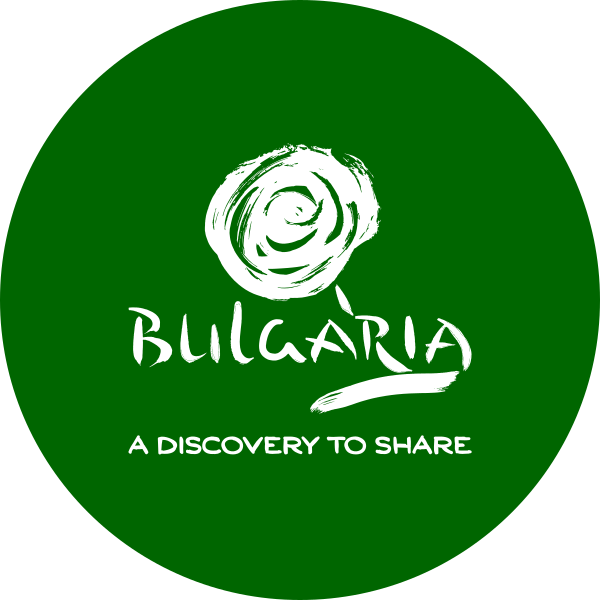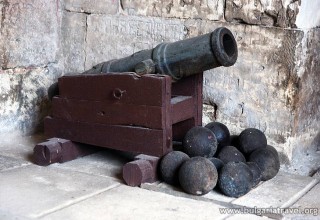The Ancient Durostorum and the Medieval Drastar were founded in 106 AD by the orders of Emperor Trajan. One of the elite units of the Roman Empire - "Claudius' Eleventh Legion" - guarding lower Danube in Durostorum (modern Silistra, Bulgaria).
Durostorum became an important military center of the Roman province of Moesia, and grew into a city at the time of Marcus Aurelius in 169.
Durostorum became the seat of a Christian bishopric and a center of Christianity in the region. Auxentius was expelled from Durostorum by an edict of Theodosius depriving Arian bishops in 383, and took refuge at Milan where he became embroiled in controversy with St Ambrose. The Roman general Flavius Aëtius was born in the town in 396. As part of the Bulgarian Empire Durostolon was known as Drastar in Medieval times.
Around the end of the 7th century, the town was incorporated into the First Bulgarian Empire and the bishop of Drastar was proclaimed the first patriarch of Bulgaria.
The Patriarchal Temple and the Patriarchal Palace have been discovered and preserved on the banks of the Danube.
Patriarchal Cathedral
South of the northern wall of Durostorum Drustur is the place where in 352 Dorostol martyr – St. Emilian was burned and in the second half of the 9th century was established the remarkable temple. Perhaps this is the cathedral church of the first Drustur bishop after the baptism of Bishop Nikolay. It is assumed that this is one of the seven episcopal cathedrals established by Prince St. Boris-Mihail after the 870. It is a church with three naves with apses, narthex with a total length of 25.40 meters and a width of 14,70 m. After the 927, when Drustur became the residence of the first Bulgarian patriarch Damian, the church was converted into a basilica with a sintron cross with three stages, pulpit and a patriarchal room in the north nave.
To the west of the church lays the patriarchal residence from the 10th century, and in the east is the patriarchal bath. Drustur Patriarchate is the first national Patriarchate in the Christian world after Apostolic Patriarchate in Rome, Alexandria, Antioch, Jerusalem and Constantinople.
Availability for visits: Paid, all year round, available guide. Working time of Silistra History Museum: Tuesday-Saturday: 09:00 a.m. - 12:00 p.m.; 12:30 p.m. - 05:30 p.m. Sunday and Monday: closed
Transport accessibility: Road
Tourist infrastructure: hotels, restaurants in Silistra, informational signs, Tourist Information Centre












